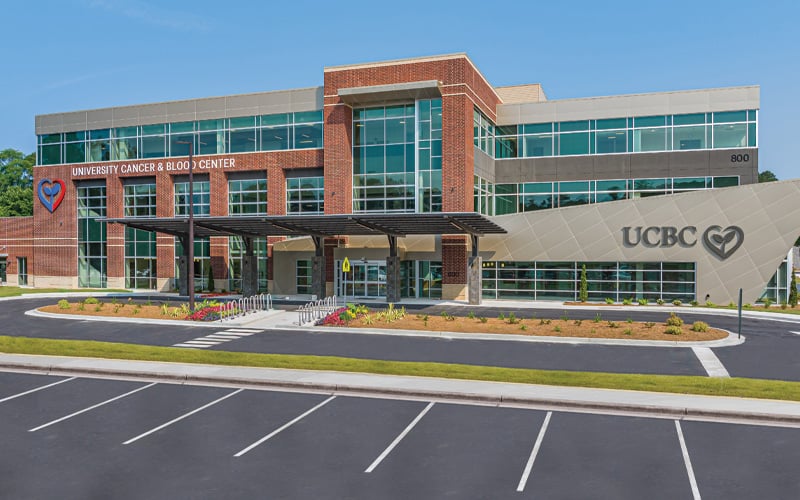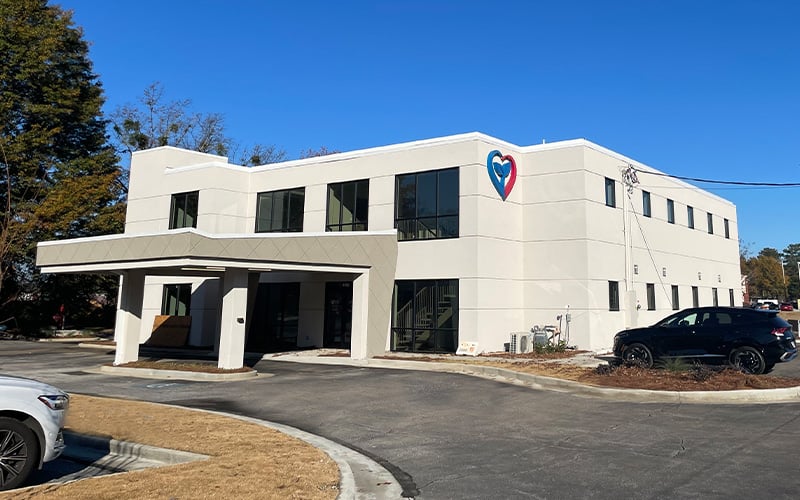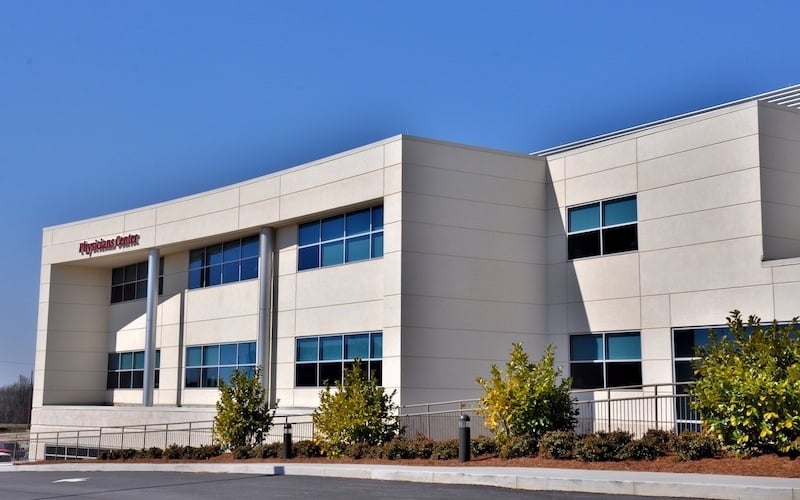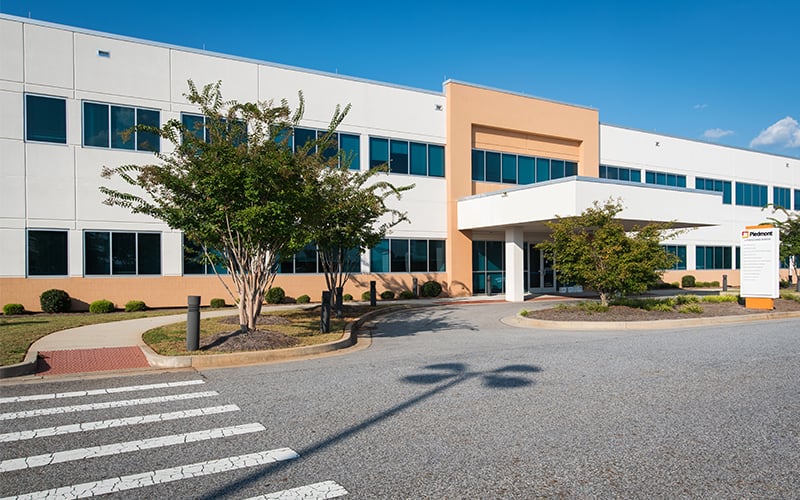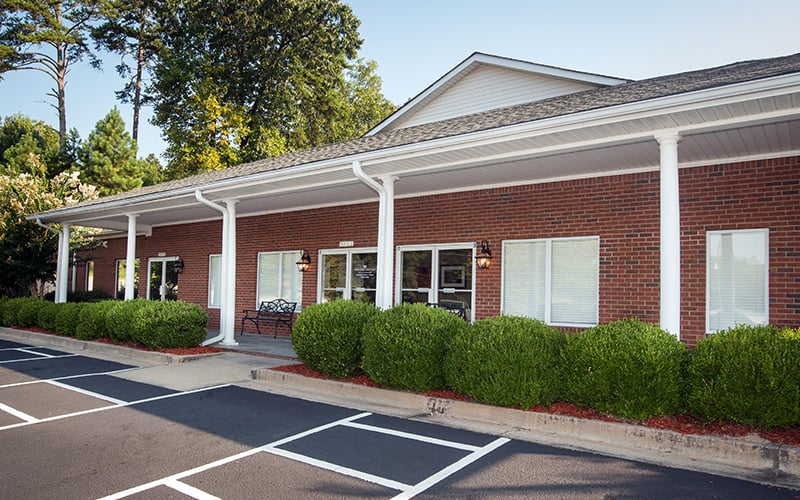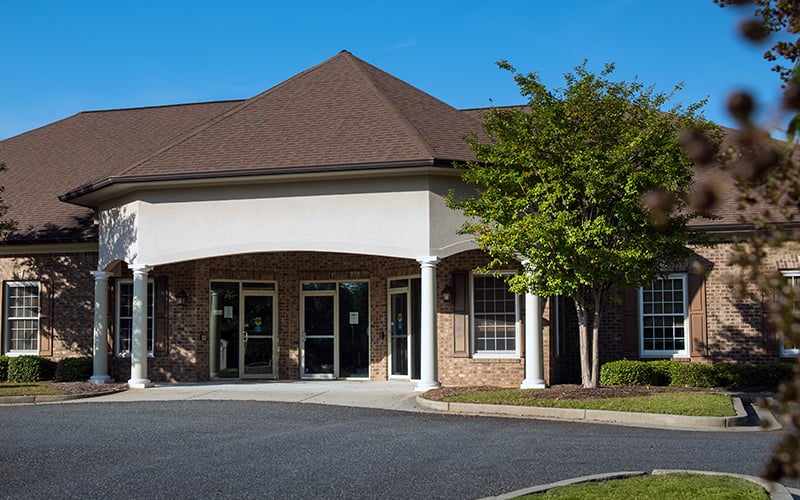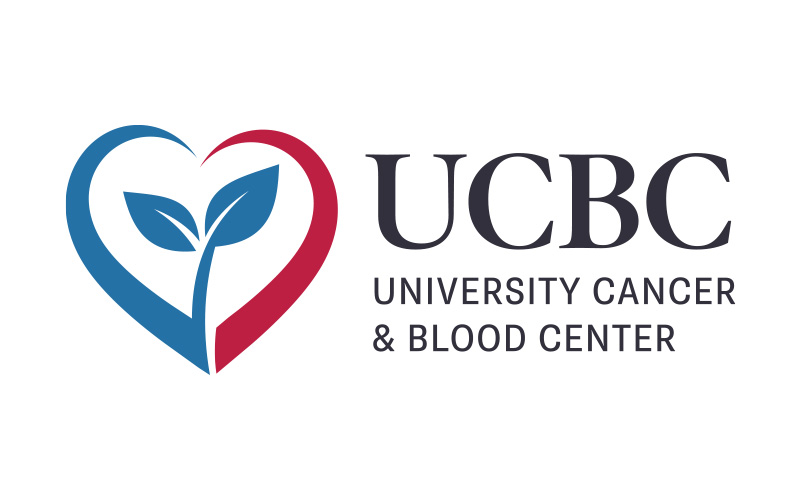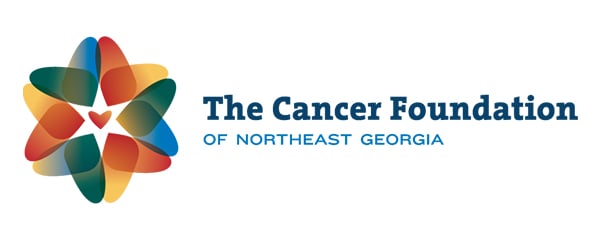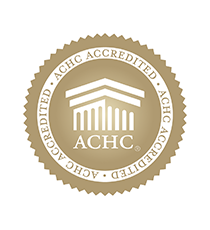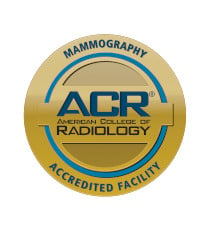Cancer is a disease that significantly impacts too many individuals worldwide, but due to both awareness and medical advances, it is no longer as fatal as it once was. Between 1991 and 2019, the rate of cancer deaths dropped by 32%, indicating notable progress within only a few decades.
While cancer still remains a serious diagnosis, nearly 90–95% of cancers may be preventable, as they are often triggered by lifestyle or environmental factors. Here are a few things you can do to protect yourself and prevent the disease.
Maintain a Healthy Diet
The consequences of poor nutrition have been linked to 18% of cancers in the U.S. So while there’s no magic grocery list that will prevent cancer on its own, overall healthy eating habits can decrease your risk.
Whatever your palate prefers, there’s an abundance of cancer-fighting foods to choose from. “For produce lovers, apples, asparagus, brussels sprouts, cherries, kale, spinach, and tomatoes are only a few fruits and vegetables that can protect your body from cancer,” recommends Dr. Gustavo Westin, a medical oncologist and hematologist at UCBC with research background in gastrointestinal malignancies.
For meat-eaters, a recent study indicates that reducing your meat intake across the board may lower your risk of cancer. But if you crave something from the carving board, limit processed meats such as hot dogs and bacon, and use lean poultry and beef when cooking. Meanwhile, so long as it isn’t fried, eating fish may reduce your risk of several cancers.
Embrace Exercise
There are many benefits to regular exercise, but cancer prevention may be at the top for many. Exercise has been linked to reduced risk of several cancers, including:
- Colon
- Breast
- Lungs
- Endometrium
- Esophagus
- Liver
- Stomach
- Kidney
- Head and neck
- Rectum
- Bladder
Exercise also reduces risk for the blood cancers myeloid leukemia and multiple myeloma.
You don’t have to overexert yourself to receive the cancer-preventing benefits of exercise, either. All it takes to protect your body is 150 minutes every week of moderately intense activity, 75 minutes of more vigorous activity, or a combination of both.
Be Aware of Family Health History
Understanding how your family members have been impacted by cancer is another important prevention step, as risk can increase due to shared genetic traits. Learn the medical history of your immediate family, including your parents, grandparents, siblings, aunts and uncles. If anyone has had cancer, be sure to note what kind, their age at diagnosis, complications they may have experienced, and what treatment they received. Your doctor can review all of this information and help determine other specific preventative action you can take.
Avoid Toxins
You may not be able to control your genetic predisposition to cancer, but it is possible to control exposure to cancer-causing toxins. Carcinogens are found in cigarette smoke, plastics, and even additives in common products like shampoo or household cleaners. Exposure to carcinogens doesn’t guarantee you will get cancer, but avoiding the substances that tend to pose a cancer risk can elevate your level of protection.
Receive Regular Screenings
Regular cancer screenings are one of the best ways to catch cancer early and prevent its spread. If cancer remains unchecked its severity only increases, but screenings can provide early detection and therefore effective treatment.
Mammograms, lung cancer screenings, prostate cancer screenings, self-exams and regular physicals with your doctor can all safeguard you against the harms of cancer — particularly when practiced in combination with each other.
University Cancer & Blood Center offers the most advanced cancer treatment available with personalized care and compassion. UCBC provides services before, during, and after a cancer diagnosis. Call 706-353-2990 to schedule an appointment.

